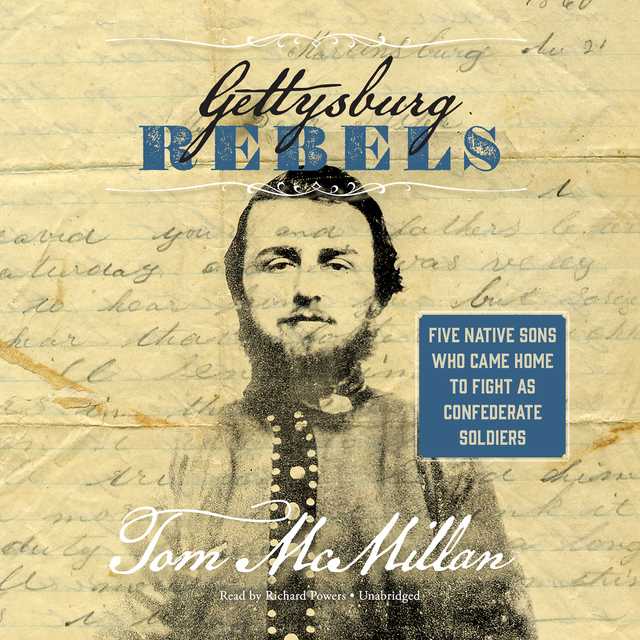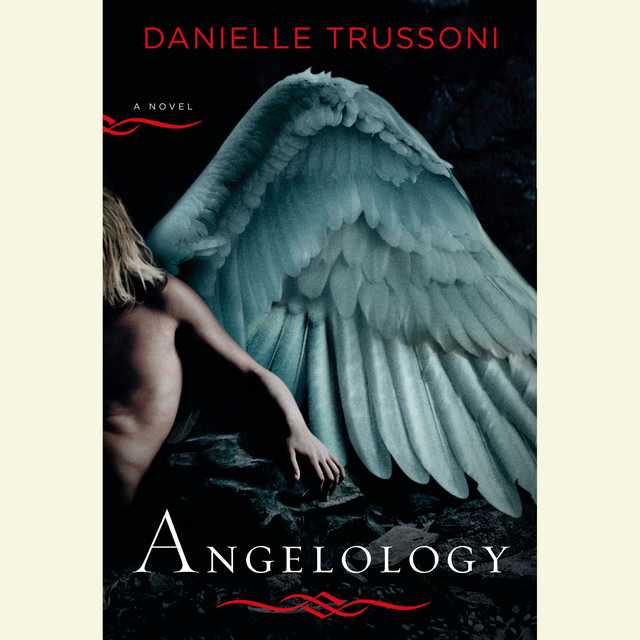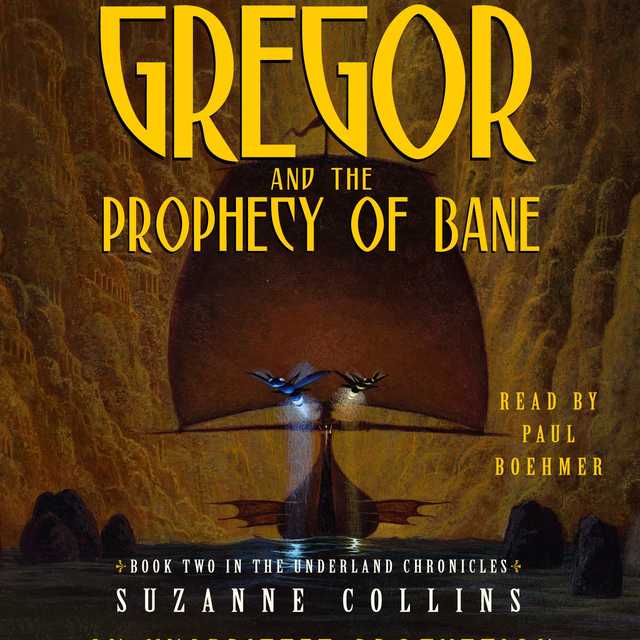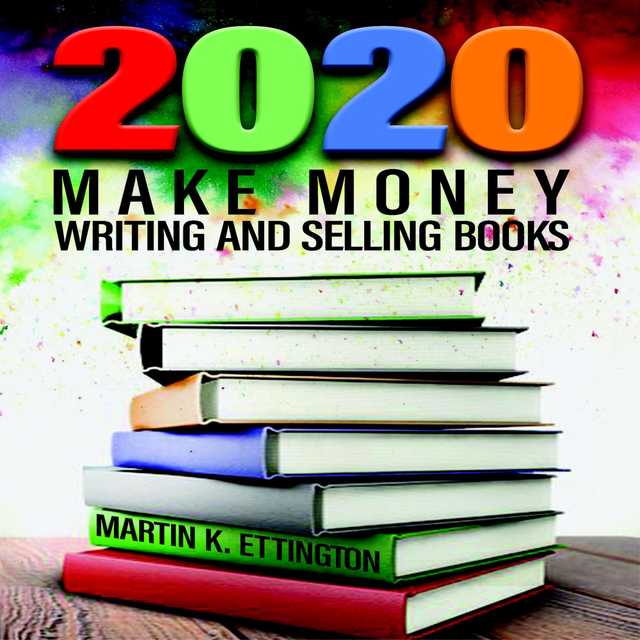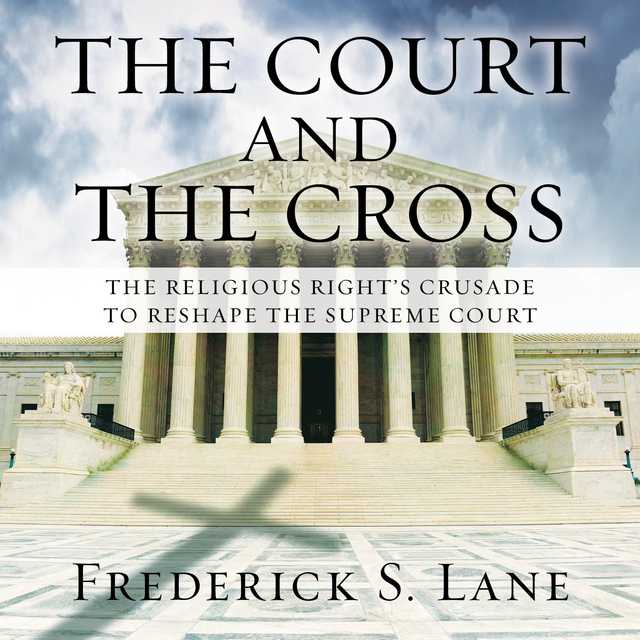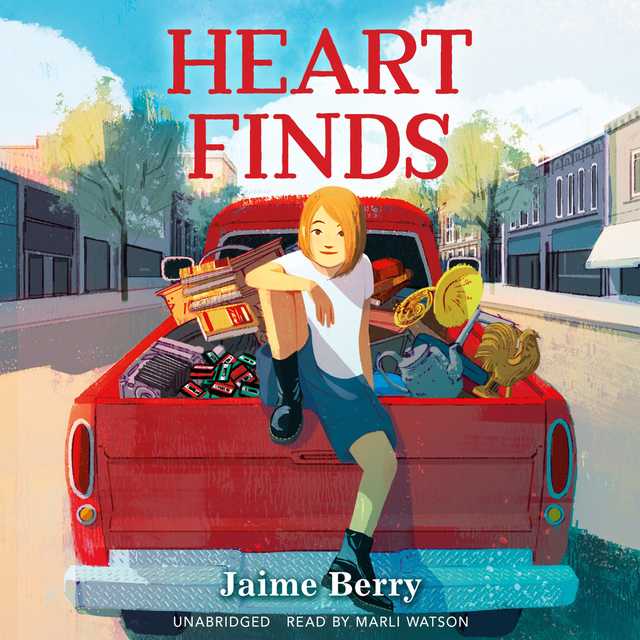The Day the World Stops Shopping Audiobook Summary
Consuming less is our best strategy for saving the planet–but can we do it? In this thoughtful and surprisingly optimistic book, journalist J. B. MacKinnon investigates how we may achieve a world without shopping.
We can’t stop shopping. And yet we must. This is the consumer dilemma.
The economy says we must always consume more: even the slightest drop in spending leads to widespread unemployment, bankruptcy, and home foreclosure.
The planet says we consume too much: in America, we burn the earth’s resources at a rate five times faster than it can regenerate. And despite efforts to “green” our consumption–by recycling, increasing energy efficiency, or using solar power–we have yet to see a decline in global carbon emissions.
Addressing this paradox head-on, acclaimed journalist J. B. MacKinnon asks, What would really happen if we simply stopped shopping? Is there a way to reduce our consumption to earth-saving levels without triggering economic collapse? At first this question took him around the world, seeking answers from America’s big-box stores to the hunter-gatherer cultures of Namibia to communities in Ecuador that consume at an exactly sustainable rate. Then the thought experiment came shockingly true: the coronavirus brought shopping to a halt, and MacKinnon’s ideas were tested in real time.
Drawing from experts in fields ranging from climate change to economics, MacKinnon investigates how living with less would change our planet, our society, and ourselves. Along the way, he reveals just how much we stand to gain: An investment in our physical and emotional wellness. The pleasure of caring for our possessions. Closer relationships with our natural world and one another. Imaginative and inspiring, The Day the World Stops Shopping will embolden you to envision another way.
Other Top Audiobooks
The Day the World Stops Shopping Audiobook Narrator
Kaleo Griffith is the narrator of The Day the World Stops Shopping audiobook that was written by J.B. MacKinnon
J. B. MacKinnon is an award-winning journalist whose work has appeared in the New Yorker, National Geographic, and the Atlantic, as well as the Best American Science and Nature Writing anthologies. He is also the author of four books of nonfiction, including the bestselling Plenty (with Alisa Smith), widely recognized as a catalyst of the local foods movement. He lives in Vancouver, Canada.
About the Author(s) of The Day the World Stops Shopping
J.B. MacKinnon is the author of The Day the World Stops Shopping
More From the Same
- Publisher : HarperAudio
- Abraham
- American Gods [TV Tie-In]
- Dead Ringer
- House of Sand and Fog
- Prey
The Day the World Stops Shopping Full Details
| Narrator | Kaleo Griffith |
| Length | 11 hours 54 minutes |
| Author | J.B. MacKinnon |
| Category | |
| Publisher | HarperAudio |
| Release date | May 25, 2021 |
| ISBN | 9780063074651 |
Subjects
The publisher of the The Day the World Stops Shopping is HarperAudio. includes the following subjects: The BISAC Subject Code is Future Studies, Social Science
Additional info
The publisher of the The Day the World Stops Shopping is HarperAudio. The imprint is HarperAudio. It is supplied by HarperAudio. The ISBN-13 is 9780063074651.
Global Availability
This book is only available in the United States.
Goodreads Reviews
Jiny
August 17, 2021
The Day the World Stops Shopping is the perfect union of environmentalism, business, and sociology. It explores the idea of consumerism, tracing back to the roots of monetary invention and societal progress. This book takes on a controversial issue without the fear of getting down to the dirty parts. Everyone knows that humans are polluting the planet and shopping (and the waste that comes with it) are bad, but it's so hard to make a change. Why is that? Well, the author makes the very astute argument that human progress is predicated on producing goods that improves the quality of life. Production is the epitome of value creation, the driver of business and jobs, and essentially human progress. And production is driven solely by consumer demand, which is shopping.The covid-19 pandemic provides a perfect observational study in which the world participated to help with gathering data. I liked the fact that the books talks about it: the positive effects on the environment and the negative effects on human lives when things come to a halt.This book is valuable not simply because it tackles a messy issue, but looks at the enormous drive behind it that is so deeply ingrained in every part of our society. People are for the environment, but their faith falters when the issue borders on their everyday conveniences or their business' bottom line. This book can help you navigate through the noise of what really makes a difference. In the least, it will help you understand why our society is the way it is.
Jay
August 26, 2021
This is one of the most important books I’ve read in a long time. The author does a ‘thought experiment’ where he imagines the world cutting its consumption of goods by 25%, and interviews a number of experts on the expected consequences. In the process he discusses the impact endlessly rising consumption has on the planet.Its clear, from this book and a few others I’ve read, that climate change, pollution, species extinction, and a host of other approaching catastrophes are really just symptoms of a single activity – overconsumption. Land is cleared, killing billions of other life forms, to build dams, mines, roads, railways, and other infrastructure to supply energy and raw materials to run factories producing the goods we buy. CO2-belching ships, trains, trucks, and planes supply the materials to the factories and deliver the finished goods to satisfy the insatiable lust of humanity for ever more ‘stuff’.I think that the underlying problem is that people in affluent countries have yet to come to terms with plenty. We are so rich, have so much of virtually everything that we could possibly want, that we really don’t know what to do with it all. And no matter how much you have, you could always have more.We’re beginning to see the consequences of our behaviour, climate change, the disappearance of ocean fish, the failure of farms. And our world is fast becoming a smoking slag heap as all the natural life that once surrounded us is killed off. It is no longer the earthly paradise it once was.We need to wake up, and this book is a good start to get people thinking. We can create a world that we actually enjoy living in. All we have to do is give up a lot of the crap that we didn’t really want in the first place.
Wendy
August 04, 2021
This book is so compelling and easy to read it bumped aside all the fiction I was reading this week. MacKinnon travels the world to look at the way consumerism twines its way through every aspect of our culture, but also examines the effects of the 2020 pandemic on shopping and the natural world. It's a deep dive into the stuff of our world, and also the people who make and sell it. But it's also a deep dive into how we can live life using a whole lot less -- and how our world isn't set up to do that very well.Unlike a lot of books about the climate and biodiversity disasters, this book will leave you inspired and eager to be a part of a better world.
Luca
July 23, 2021
4.5 This book has a detoxifying effect. It is thought-provoking and encourages self-reflection to the extent that you will have second thoughts every time you go shopping or turn on the AC. And not necessarily in a stressful way, but from a stance of considering the "enough-ness" of your life, to borrow a phrase J.B. MacKinnon uses. MacKinnon doesn't pretend to have the answers of our time. Though he shoots off from the premise that our overconsumption is killing our planet, he focuses more on the question of how we ourselves might change if we decide to consume less and consume differently. This book is full of fascinating case studies of our cultures as they relate to the spectrum from overconsumption to sufficiency behavior. MacKinnon asks questions like, what happens to our individual mentalities and collective cultures when we consume too much, or intentionally consume less? What induces us to shop so much? How might we change as societies when we decide to shop less? How will we begin to think differently?This was not nearly as depressing as you might expect from a book about capitalism and overconsumption. To the contrary, it was refreshing to read about societies in Finland, Japan, South Africa, etc. that already express, or are trending towards sufficiency economies. It is a hopeful and creative exercise to imagine how our capitalist brains could transition away from consumption as a means of self-actualization. Shopping less on an individual level is not the answer to climate change and inequality, but I think it is a useful and important exercise towards living better and yes, more ethically. We want "the end of the world as we know it, not the end of the world." Happy Reading!
Rachelle
January 19, 2022
** spoiler alert ** I have mixed feelings, but I will give it five stars because it was written well, and I learned some fascinating facts about people and cultures around the world.The first two-thirds had me convinced that cutting back on consumerism (conspicuous and inconspicuous) was going to save us. Then, he started telling me about the rebound effect, which effectively wipes out all the individual good we do. We can do this to ourselves: through moral licensing and justification (we take more trips by airplane because we are vegetarian or drive an electric car); through saving (we invest the money, which then gets spent by corporations in ways that harm the planet); through efficiency (better technology leads us to buy new and more air conditioners, indoor/outdoor heating, TVs, phones); through working less (your employer just spends the money saved elsewhere); through spending on experiences rather than material goods (the person providing the service spends the money you pay them or the infrastructure needed for the experience isn’t green). The ways to avoid rebounding are few. It felt quite discouraging.Alas, this book held much gloom and few solutions. But it did illustrate that while individually, we may not make a difference, collectively, we may be able to change the world. And we can watch out for ways we may be harming the planet individually through justifying, buy better quality goods made in the greenest way possible and that last, aim to do better, and encourage our governments to add large taxes to things and companies that are contributing to climate change (such as cheap, disposable items made with and then transported to us using fossil fuels).
Keith
November 24, 2021
We hear some talk about consumerism, and occasionally even discussions of degrowth, but what would happen if the world suddenly stopped its consumerist binge? The author examines this question from several different angles in an objective way. There are no suggestions as to how we could arrive at this result, just what an end to consumerism would mean. And "ending consumerism" is expressed very modestly. It just means that global consumer spending drops 25 percent. It's clear that his heart is in the camp of "we really need to stop shopping," but he looks at the problem objectively. There are some downsides to stopping shopping, and other consequences that are not obvious. I hope that this book will further discussion of what the "end of consumerism" really means and how we might adjust to this stop-shopping world. It's clear that this is where we are going; if we don't go there voluntarily, Mother Nature is going to involuntarily yank us in that direction, leaving us to scramble and try to re-orient ourselves.
Zoë
August 24, 2021
my favorite takeaways:- if we as a society work less, there will be more jobs open to more people. this will result in lower wages, but also less mindless consuming. i am very much a fan of this - buy fewer but better things.- reduce, repair, reuse are the new three R’s. Recycling is least important — we need to produce less waste. - participatory society. i am a huge fan of free community activities and think that EVERY city needs something like Every One Every Day. overall - honestly this was a bit depressing, but it did drive me to want to work towards living more of a deconsumer lifestyle.i’d definitely recommend this if you’re teetering with the idea of living more simply and need a push. also be prepared to cry if you’re an animal lover as the whale chapter made me so incredibly sad.
Mehtap
June 25, 2021
Was ist zu erwarten, wenn wir dem Kapitalismus einen Riegel vorschieben? Was von dem, was wir als Mensch-sein definieren ist abhängig vom Konsum? Dieser fiktiven Frage geht der Autor auf die Spur und visualisiert, wie tief die Strukturen des Kapitalismus unser Dasein beeinflussen aber auch wie stark sie auch die Ressourcen auf der Erde vernichten. Was passiert eigentlich, wenn nicht mehr Geld den Alltag bestimmt? Wie groß sind die Industrien? Allein die Baumwollproduktion beschäftigt weltweit 125 Millionen Menschen, die vom nicht-kauf von Textilien ihre finanzielle Ressource verlieren würde.Ein grandioses Buch, dass die Komplexität sehr gut erklärt & auch zeigt was eigentlich Konsum bedeutet und was dazu gehört ohne dass wir wissen, dass es ein Teil vom Konsum ist.
Rhys
June 28, 2021
An engaging read and solid presentation on the necessity, but difficulty, of an economy and society that stops shopping. Standing up to the test of time, it seems, the voluntary simplifiers are the guides towards a post-consumer (and, therefore, post-capitalist) society."The groups were environmentally conscious consumers, who try to live green lifestyles; frugals, who take pleasure in saving money; tightwads, who hate spending money; and voluntary simplifiers, who actively choose to consume less. The simplifiers had far and away the most success at reducing their impact. In fact, they were nearly twice as effective as the second-place group, the tightwads. Frugals didn’t lessen their impact at all, and neither did green consumers—reflecting, at a personal scale, the broader failure of green consumption to make a difference across recent decades. The authors of the study concluded that perhaps people who live with less, rather than those who live green, should be our role models for living more lightly on the earth."
Loke
June 17, 2021
Otroligt intressant läsning! Nu tycker jag att det är samhället som bär yttersta ansvaret för klimatet, men på individnivå tycker jag att denna var mycket relevant. Rekommenderar!
SusyG
January 11, 2023
Primo saggio dell'anno e sono davvero soddisfatta! ✨Con un esercizio mentale, l'autore ipotizza vari scenari in una società che smette di acquistare. C'è un'analisi molto interessante sul consumismo, su come/perché arriviamo ad acquistare così tanto e sull'impatto che ha sulla Terra e sulle persone. Ho apprezzato soprattutto l'analisi sull'abbigliamento e la moda. Mi è piaciuto molto, alcune cose le sapevo o le avevo già lette in articoli, ma penso che sia un buon libro per aprire gli occhi a chi ancora non lo fa.Unica pecca di questa edizione italiana: troppi troppi refusi ed errori nel testo 💀
Catherine
July 19, 2022
What would happen if the world stopped shopping? If everyone stopped buying shit they don't need: new clothes when they already have a closet full of perfectly serviceable clothing, a new gadget to perform a task that an existing tool already does, a hammer that isn't meant to be used as a tool because it's engraved with the phrase "Thank you for helping me build my life." (Does that last one feel oddly specific? It might be.) J.B. MacKinnon poses that question as a thought experiment: how would the world change if our insatiable consumerism suddenly stopped? He bases his hypotheses on things that have already happened: how the onset of the COVID-19 pandemic affected the economy, how the halt of ocean traffic in the wake of 9/11 improved the conditions for whales and other sea life, what happens in towns that don't allow non-essential businesses to operate on Sundays, what people might do with all that extra (non-shopping) time on their hands, what life might be like without constantly being bombarded by advertisements. It's all very interesting stuff. He's partially preaching to the choir in my case, because I generally dislike shopping and already try not to buy shit that I don't need or give people things they don't need (or necessarily want). At the end of the book, MacKinnon essentially softens his call to action, probably because he realizes that asking people to stop shopping cold turkey is unrealistic. Suppose we start with a more humble goal: to reduce consumption by 5 percent across the rich world. That would take us back to the lifestyle of a couple of years ago, a shift we might hardly feel. Yet everything would begin to change, from our desires to the role of economics to the future of the planetary climate. It might be the end of the world as we know it. It will not be the end of the world.
Maria
June 18, 2021
A really important book, compelling stuff. It’s part thought experiment, part academic study but with the right balance of real life stories, facts and conjecture written in a flowing style. The argument certainly convinced me and I think this is a book that will go on my all time books which have influenced my life list.
Most Popular Audiobooks
Frequently asked questions
Listening to audiobooks not only easy, it is also very convenient. You can listen to audiobooks on almost every device. From your laptop to your smart phone or even a smart speaker like Apple HomePod or even Alexa. Here’s how you can get started listening to audiobooks.
- 1. Download your favorite audiobook app such as Speechify.
- 2. Sign up for an account.
- 3. Browse the library for the best audiobooks and select the first one for free
- 4. Download the audiobook file to your device
- 5. Open the Speechify audiobook app and select the audiobook you want to listen to.
- 6. Adjust the playback speed and other settings to your preference.
- 7. Press play and enjoy!
While you can listen to the bestsellers on almost any device, and preferences may vary, generally smart phones are offer the most convenience factor. You could be working out, grocery shopping, or even watching your dog in the dog park on a Saturday morning.
However, most audiobook apps work across multiple devices so you can pick up that riveting new Stephen King book you started at the dog park, back on your laptop when you get back home.
Speechify is one of the best apps for audiobooks. The pricing structure is the most competitive in the market and the app is easy to use. It features the best sellers and award winning authors. Listen to your favorite books or discover new ones and listen to real voice actors read to you. Getting started is easy, the first book is free.
Research showcasing the brain health benefits of reading on a regular basis is wide-ranging and undeniable. However, research comparing the benefits of reading vs listening is much more sparse. According to professor of psychology and author Dr. Kristen Willeumier, though, there is good reason to believe that the reading experience provided by audiobooks offers many of the same brain benefits as reading a physical book.
Audiobooks are recordings of books that are read aloud by a professional voice actor. The recordings are typically available for purchase and download in digital formats such as MP3, WMA, or AAC. They can also be streamed from online services like Speechify, Audible, AppleBooks, or Spotify.
You simply download the app onto your smart phone, create your account, and in Speechify, you can choose your first book, from our vast library of best-sellers and classics, to read for free.
Audiobooks, like real books can add up over time. Here’s where you can listen to audiobooks for free. Speechify let’s you read your first best seller for free. Apart from that, we have a vast selection of free audiobooks that you can enjoy. Get the same rich experience no matter if the book was free or not.
It depends. Yes, there are free audiobooks and paid audiobooks. Speechify offers a blend of both!
It varies. The easiest way depends on a few things. The app and service you use, which device, and platform. Speechify is the easiest way to listen to audiobooks. Downloading the app is quick. It is not a large app and does not eat up space on your iPhone or Android device.
Listening to audiobooks on your smart phone, with Speechify, is the easiest way to listen to audiobooks.











